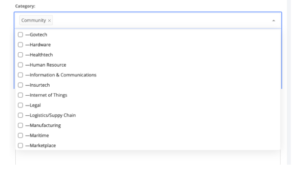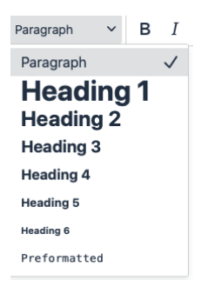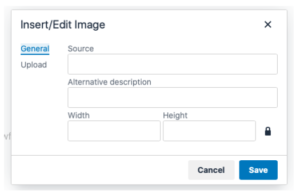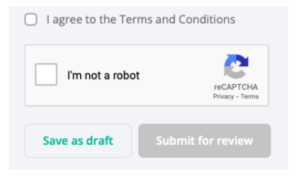
Writing and getting published doesn’t necessarily have to be a complicated drill. Leveraging technology, the e27 platform makes it extremely simple for anyone with authentic, original and relevant content to become a thought leader in just a few simple steps.
In this article, let us understand how to use the e27 content editor.
e27 follows a simple three-step process to help you publish your own articles: write and submit, get curated and get published.

Once you have registered and logged into your account on the platform, all you need to do is have an article ready and then you are ready to contribute.
Start with a good headline
In the age of content overload, the headline is one of your biggest opportunities to grab the audience’s attention. It is likely to make the difference between someone clicking through to read your content or not.
In fact, a MOZ study reports that eight out of 10 readers do not make it past the headline. Keep it within 60 characters.

So, what is a headline and what makes a good headline? One of the simplest definitions of a headline describes it as “the text indicating the nature of the article below it”. Here are some tips on how you can write a good headline:
- Leverage trigrams: Trigrams are groups of three words. A study by BuzzSumo found that certain trigrams have huge correlations with social engagement.

- Include numbers: Research shows that headlines with numbers tend to generate 73 per cent more social shares and engagement. Include numbers in your headlines and make them catchy. For example, These 3 Indonesian agritech solutions are the winners of Cultivhacktion or 5 productivity tools for busy startup founders to stay focused in 2022
-
- Focus on value: What’s in it for your readers? Why should they care about taking the time to read your thought leadership article? Write headlines that will tell them what value addition your content is doing for them and how they’ll benefit. For example: How to ace your mega sales campaign: Best practices for merchants or Most Singaporeans pay too much for their mortgage. Here’s how innovation can fix that
- Ask a question: Headlines like Why India’s crypto regulation bill should follow Indonesia’s footsteps or How biotech is changing the global agriculture game for investors leverage a psychological effect causing the reader’s mind to take the next step. They can either choose to read through and answer the question or wonder. A lack of completeness is inherent in question headlines generating interest in readers. Furthermore, this is also helpful for SEO as Google focuses on the meaning of a search query, and not just combinations of words. Known as “latent semantic indexing”, it’s key to Semantic SEO. A question headline helps Google understand that the article is useful thus helping with better rankings.
- Include strong verbs: Leverage “to be” verbs for a strong headline. For example, out of 6 ways to be a better content marketer versus 6 ways to write better content, the former is a clear winner.
What category does your article fall into
In the e27 editor, after getting the headline sorted, you need to specify what category your article falls into. This helps specify relevant tags and puts your content in the right pile of articles.

So, in the category section, select related keywords from the dropdown that explain the industry and relevant stakeholder group for your content.
Does it cover fintech, agritech, hr tech or other industries and is it more relevant to startups or VCs or founders or others? Make sure to choose no more than three.
Getting the tags right
The next step is getting the tags sorted. Tags are basically keywords or terms assigned to a piece of information, a kind of metadata that helps describe an item and allows it to be found easily while browsing or searching.
You don’t have to be a keyword expert for this either. You can easily select relevant tags for your article from the dropdown in the e27 editor. Easy tags would be industry, sector, popular company names, region, etc.
Leverage tools to enhance your article
Now, you are ready to get started on that draft. While writing your copy, remember to leverage the various editor tools in the e27 platform to help make your article well-structured, cohesive and readable.

The first two arrows in the editor help you undo and redo. The ‘Paragraph’ dropdown helps you select different levels of writing. Dividing your article into headings and subheadings is crucial; it helps to clearly represent the key concepts and supporting ideas in the article.
Headings and subheadings visually convey levels of importance, and the differences in text format guide readers to distinguish the main points from the rest, giving the draft a proper flow. Make sure to use ‘heading 3’ to add short sections.

For laying out important points, you can select bullets. The editor also allows you to insert and edit images to help make your article visually dynamic.

The Tx tool gives you the special power to clear all formatting from any copy-pasted reference quote or data.
Once you are done writing and styling your draft, read through the terms, fill the captcha form and proceed to save the draft, preferably revisiting and editing it before the final submission.

The e27 editor has an easy-to-use interface and the wide range of tools enable any contributor to write and style their drafts easily. Learn more about the e27 contributor program and check out some of our trending thought leadership articles here.
–
Image credit: microone
The post How to use the e27 editor to write great articles appeared first on e27.

